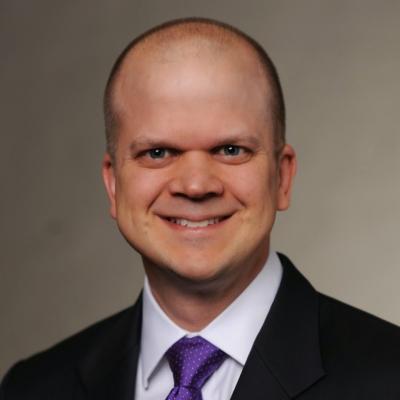This is the final piece of a three part series on the need to act decisively to address the Alzheimer's crisis. Part one reviewed the fiscal imperative to address the Alzheimer's crisis, while part two addressed the research needs and opportunities.
THE PEOPLE'S IMPERATIVE
The public is increasingly aware of the need for action. A nationwide survey the Alzheimer's Association fielded in 2015 found that voters view Alzheimer's disease as a significant priority. The survey found:
- 73 million voters have had a family member or close friend with Alzheimer's disease.
- More than one-third, or 52 million American voters, have provided care or personal assistance to a relative, friend or neighbor with Alzheimer's.
- 82 percent of voters nationwide are concerned about Alzheimer's disease.
- 87 percent of voters feel unprepared or only somewhat prepared to meet care needs of a family member who develops Alzheimer's disease.
- The majority, 64 percent, of voters would be more likely to vote for a presidential candidate who has pledged to support a major national research effort to fight Alzheimer's.
Millions of American voters have had personal experience with Alzheimer's disease and understand the dramatic toll the disease takes on families across the country. It is unsurprising that presidential and congressional candidates on both sides of the aisle have been discussing the Alzheimer's crisis while campaigning.
Constituents want Washington to address this mounting health crisis by advancing research and increasing support for caregivers. This year, Alzheimer's Association advocates are pressing for a $400 million increase in Alzheimer's research at the NIH in order to achieve the breakthroughs needed to develop preventions and effective treatments by 2025 - the goal established in the National Alzheimer's Plan.
Issues important to constituents can be controversial, but urgently addressing Alzheimer's is not. Prioritizing Alzheimer's disease research funding is smart politics for a very important reason: Americans understand it is the only way to change the deadly and expensive trajectory that is bearing down on so many American families.
This challenge unites Washington, just like the country as a whole. It is time to act.
Part one of this three part series was posted June 16, 2016. Part two was posted on June 23, 2016.
